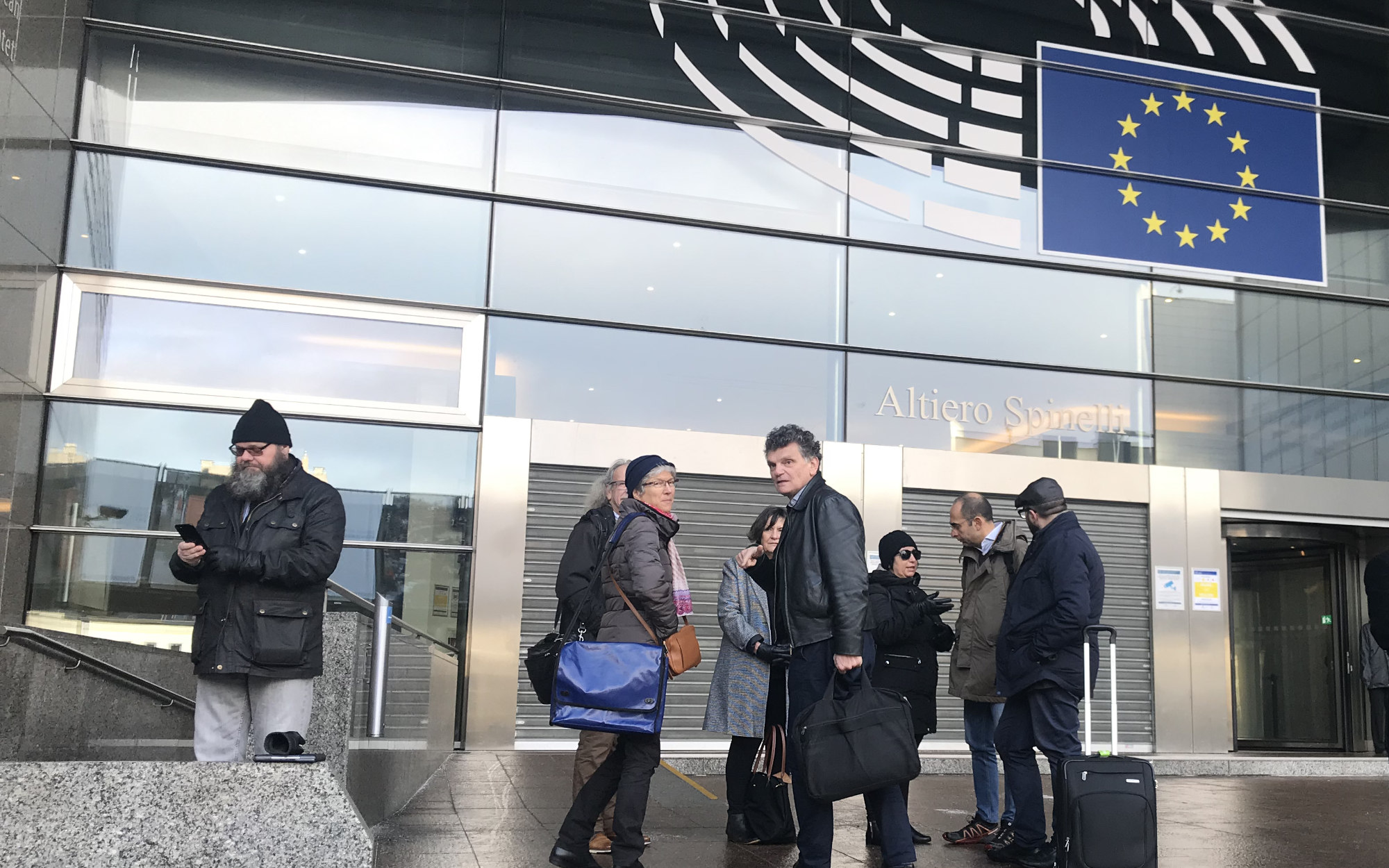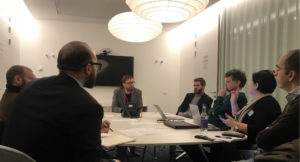
What is the European Dyslexia Association?
The EDA currently has regional and national Effective Members in 21 EU countries plus Switzerland, San Marino, Turkey and Norway and Adherent member organisations; in all 40 member organisations in 25 European countries (see our list of members):
The EDA is a Non-Governmental Organisation (NGO) in official relation with UNESCO; a Full Member of the European Disability Forum (EDF); and has Consultative Status with the International Federation of Library Associations (IFLA).
According to substantiated scientific estimates, the group of European Citizens with dyslexia and specific learning differences encompasses between 5 and 12 percent of the population, navigating through life in a largely non-‘dys’ friendly world. Dyslexia is the most widespread specific learning difference, making the acquiring and using of reading, spelling and writing skills and other communication-related cultural abilities difficult (commonly known as ‘DYS-differences’). Quoting academic surveys, other learning differences as dysphasia, dyscalculia, dyspraxia and attention deficit disorder exist commonly with dyslexia; known as ‘DYS-differences’, (concluded under ‘DYS’). A same person can also accumulate some of these differences, dyslexia being associated to dysphasia, dyspraxia, dyscalculia or attention deficit.

DYSLEXIA AND ITS IMPLICATION
It is generally (and indisputably) known and documented that the cultural abilities of reading and writing are among the most important prerequisites in our society for individual cultural, social and economic development and success. Furthermore, across Europe, the diversity of languages and the multilingual demands, socio-cultural backgrounds as well as educational opportunity, have a significant influence on the manifestation of difficulties and life-chances for children, adolescents and adults with DYS differences.
Without sufficient knowledge in this area, failure in school, employment, general communication impairments and social segregation are common threats, with well-known consequences in the lives of those affected, their family members and society.
There have been significant advances in procedures that enable earlier identification of dyslexia, determine which interventions work best and then to develop appropriate support for people with dyslexia in schools as well as the workplace.
Despite that, dyslexia presents concerns and challenges for millions of children and adults across Europe. These challenges require major changes for governments, policymakers and organisations to improve attitudes, legislation and positive practice in education and the workplace.
Researchers acknowledge that there are many possible causes of each single or accumulated DYS differences, including genetics.
There is no relationship between a person’s level of intelligence, individual effort or socio-economic position and the presence of dyslexia and /or a “DYS” difference.
At its conferences, meetings and the yearly EDA Community Summer Seminars in San Marino the EDA provides a platform for the most recent scientific findings in this area, best-practice interventions in the field of education and extra-curricular advancement as well as the advancement of affected individuals from all parts of the European Union.
The main aims of EDA is to inform people, politicians, policy makers, trade and commerce unions and pressure groups in Europe about the necessity of supporting those who are dyslexic or DYS in a positive way, in order to avoid negative consequences caused by inappropriate education and training, low self-esteem and under-achievement which may lead to social exclusion.
With its wide angle of activities it facilitates the exchange of information and good practice through international networking and lobbying. In partnership with its member organisations, the EDA will challenge prejudice and ignorance to ensure that people with dyslexia and DYS are empowered to reach their full potential.

HOW WE FUNCTION
The activities of the EDA are organised and directed by volunteers. A Board of Directors is elected at a General Assembly of the members held every year. The Directors´ mandate is non-remunerative. The Board meets at least three times a year.
Effective membership is restricted to non-profit making dyslexia associations only. Other organisations with a scientific or social interest in dyslexia can apply for adherent membership. However, before acquiring Effective membership, non-profit making dyslexia associations applying for membership are accepted as adherent members only, but after two years they can apply for effective membership.
OUR VISION
Every child and adult with dyslexia (and/or DYS-differences) in Europe has the right to access and to receive appropriate support and opportunity to achieve their full potential in education, training, employment and life.
OUR MISSION
The European Dyslexia Association is a European umbrella organisation for national and regional associations of people with dyslexia (and other DYS-differences), children’s parents and professionals and academic researchers. It facilitates the exchange of information and good practice through international networking and lobbying. In partnership with its member organisations, the EDA will challenge prejudice and ignorance to ensure that people with dyslexia are empowered to reach their full potential.
No Matter Which Country –
No Matter Which Language –
Dyslexia Is Everywhere
The European Dyslexia Association – International Organisation for Specific Learning Disabilities AISBL

